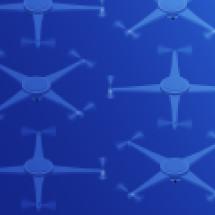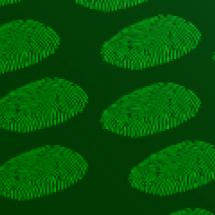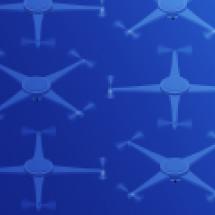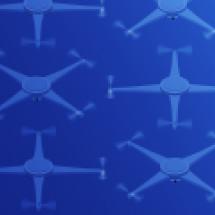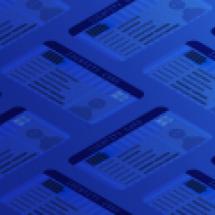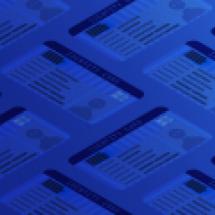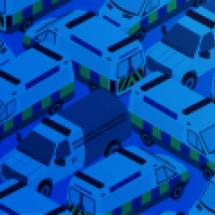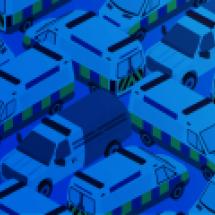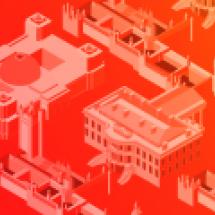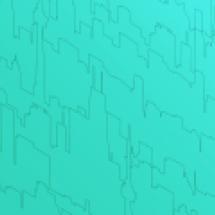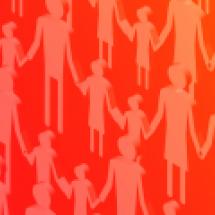What Governments Do
Aerial surveillance can impose widespread systematic monitoring on specific individuals, groups, and populations infringing upon their right to privacy and associated freedoms, including freedoms of assembly, movement, and protest.
Unique data, generated from characteristics of humans, may be used to track and profile people across their lives.
Our data stored in the cloud is often sought after by law enforcement agencies. Increasingly, it is obtained using ‘cloud extraction technologies’.
Governments compel companies to store data on their customers and the data they generate through using communications services.
Communications Surveillance Technology
As digital communications grow, governments continue to seek new ways of getting access to content and metadata.
The global counter-terrorism agenda is driven by a group of powerful governments and industry with a vested political and economic interest in pushing for security solutions that increasingly rely on surveillance technologies at the expenses of human rights.
The long arm of governments now reach across their borders, and the safeguards rarely extend to data in other jurisdictions.
Protecting and defending individuals, devices and networks should form the basis of any cyber security strategy.
DNA holds the key to a person’s identity and as such must be protected with the utmost care.
Drones surveillance enables widespread and systematic monitoring and collection of detailed data of individuals’ activities and movements, posing a serious threat to personal privacy and associated freedoms.
Facial Recognition is a technology that matches captured images with other facial images held, for example, in databases or "watchlists". It is an extremely intrusive form of surveillance and can seriously undermine our freedoms and eventually our society as a whole.
Covert manipulation of and interferences with peoples' devices and software creates significant surveillance capabilities.
As development and humanitarian organisations deploy new technologies and make use of data-intensive systems in their programmes, they must consider what their mandate of “Doing no harm” entails in the digital age.
Mass surveillance can subject a population or significant component thereof to indiscriminate monitoring, involving a systematic interference with people’s right to privacy and all the rights that privacy enables, including the freedom to express yourself and to protest.
There are few places in the world where an individual is as vulnerable as at the border of a foreign country.
Mobile phone extraction tools enable police and other authorities to download content and associated data from people’s phones. This can apply to suspects, witnesses, and even victims of crime – often without their knowledge or consent. Mobile Phone Extraction (MPE) involves the use of ‘push-button’
Advances in technology significantly advance the capabilities of police, with few safeguards and no transparency.
Intrusive surveillance technology is increasingly used during protests around the world having a chilling effect to their freedom of assembly and association.
Governments are collaborating with private companies, often with very little transparency. Here is why PI is concerned about surveillance outsourcing and other forms of public-private partnerships, and why together we must urgently expose them.
Wealthy governments increasingly push and enable other governments to deploy advanced surveillance capabilities without safeguards.
Cities full of sensors that monitor peoples' activities, generating intelligence for use by companies and governments.
Accessing social protection programmes should not mean signing up to systems of surveillance.
Surveillance cameras and facial recognition are used to monitor public and private spaces and to identify people, as is becoming both more pervasive and more invasive.
